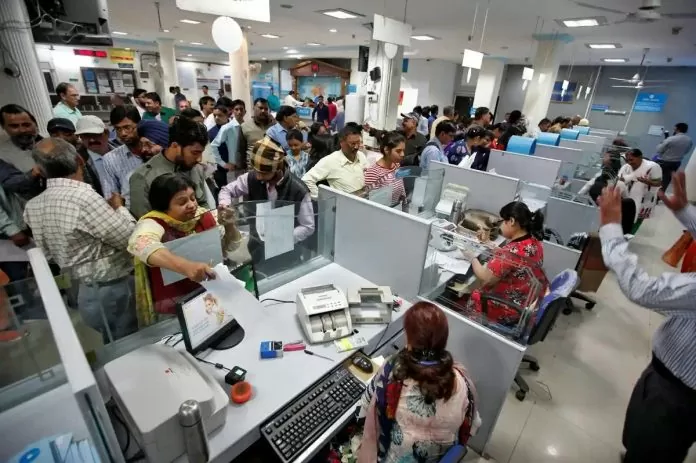In September, Punjab National Bank (PNB) raised Rs 50 billion through QIP. Apart from this, in October, Bank of Maharashtra raised Rs 35 billion through QIP.
Govt Stake in PSU Banks: The government is planning to sell stake in four public sector banks. The government plans to sell minority stake in these banks under the public shareholding rules. Reuters, citing a government source, claimed that in the coming months, the Finance Ministry of the Government of India may seek approval from the Central Government to reduce stake in Central Bank of India, Indian Overseas Bank, UCO Bank and Punjab and Sind Bank.
How much stake does the government have in which bank?
According to the data given on the BSE website, till the end of September, the Government of India has more than 93% stake in Central Bank of India, 96.4% in Indian Overseas Bank, 95.4% in UCO Bank and 98.3% in Punjab and Sind Bank. Reuters also claimed that under the plan, selling stake through an offer for sale in the open market is being considered. Let us tell you that 25% public shareholding is mandatory in companies listed by the Securities and Exchange Board of India (SEBI). But government-owned companies are exempted from fulfilling these rules till August 2026.
By when will the stake be sold
However, no information was given about whether the government will sell the bank’s shares within the time limit set by SEBI or will it ask for more time to extend the deadline of this rule? An official, on the condition of anonymity, said that the time and amount of the sale will be decided based on the market situation. No information was given on this by the Finance Ministry either.
These banks raised money through QIP
Recently, public sector banks have launched Qualified Institutional Placement (QIP) to raise capital. This in turn has reduced the government’s stake in state-owned banks. Let us tell you that in the month of September, Punjab National Bank had raised Rs 50 billion through QIP. Apart from this, in October, Bank of Maharashtra had raised Rs 35 billion through QIP.



